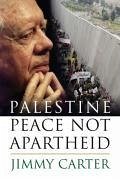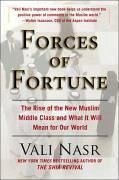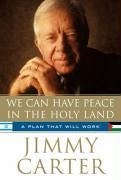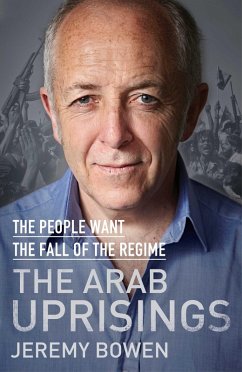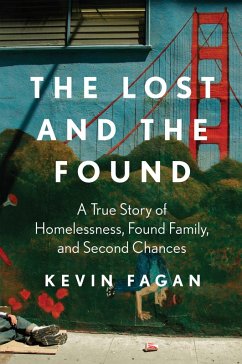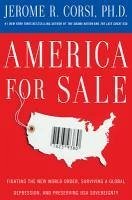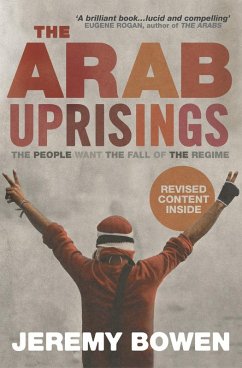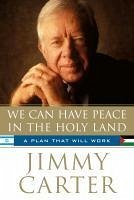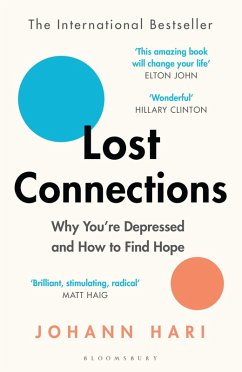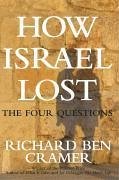
How Israel Lost (eBook, ePUB)
The Four Questions

PAYBACK Punkte
0 °P sammeln!
"Once in a great while, a book comes along that not only discusses a topic of interest, it changes the boundaries of that discussion forever. This is such a book. In How Israel Lost Richard Ben Cramer analyzes the four questions that have bedeviled Israel and Palestine for almost forty years: I. Why Do We Care About Israel? II. Why Don't the Palestinians Have a State? III. What Is a Jewish State? IV. Why Is There No Peace? With personal observation and sharp and challenging argument, Cramer insists that Israel is losing her soul by maintaining her occupation of the lands conquered in the Six D...
"Once in a great while, a book comes along that not only discusses a topic of interest, it changes the boundaries of that discussion forever. This is such a book. In How Israel Lost Richard Ben Cramer analyzes the four questions that have bedeviled Israel and Palestine for almost forty years: I. Why Do We Care About Israel? II. Why Don't the Palestinians Have a State? III. What Is a Jewish State? IV. Why Is There No Peace? With personal observation and sharp and challenging argument, Cramer insists that Israel is losing her soul by maintaining her occupation of the lands conquered in the Six Day War. Israel has become a victim of that occupation no less than the Palestinians, who must have a nation of their own. Cramer makes clear for the first time why the occupation endures and how it corrupts and corrodes the societies of both Arab and Jew. Cramer's portrait of those societies is both up to the minute and timeless, enlivened at every step by his trademark humor, by humane understanding of the people caught in the conflict, and by his astonishing gift for language, theirs and ours. Both his observations and arguments are drawn with startling clarity, informed by the fierce and fearless reporting that won him the Pulitzer Prize for Middle East coverage twenty-five years ago. The result is a book destined to produce both heat and light -- it is both shocking and a delight to read. This is journalism so sharp that it will change the story it set out to tell. "
Dieser Download kann aus rechtlichen Gründen nur mit Rechnungsadresse in A, B, BG, CZ, D, DK, EW, E, FIN, F, GR, HR, H, I, LT, L, LR, NL, PL, P, R, S, SLO, SK ausgeliefert werden.




